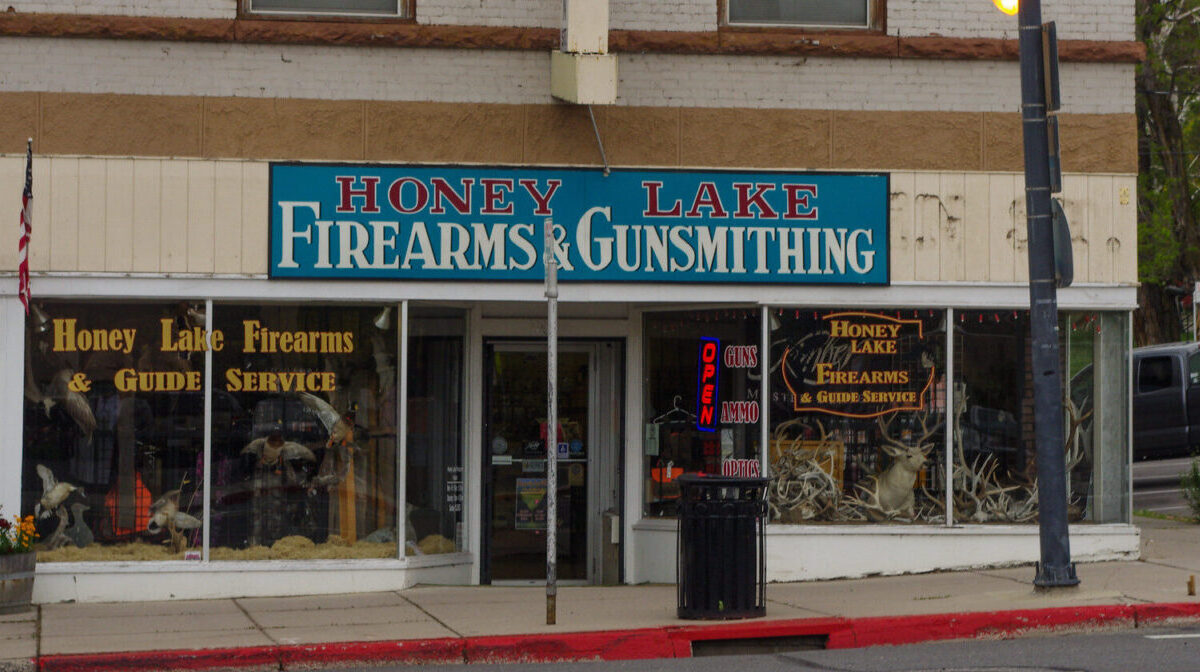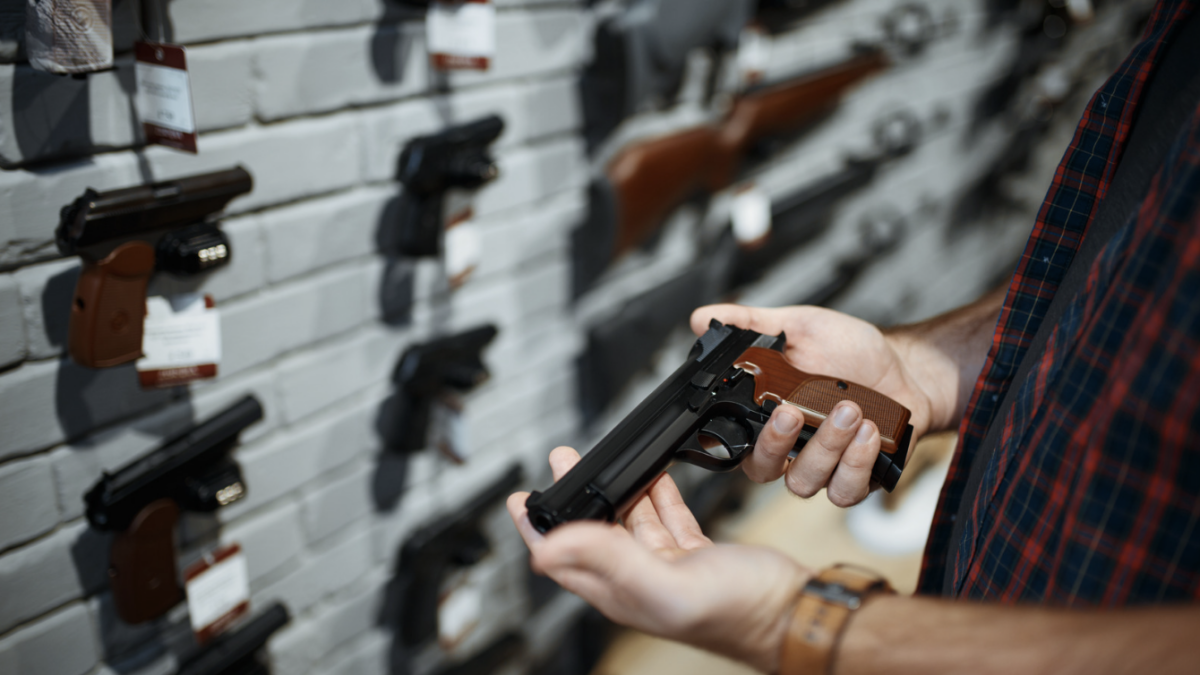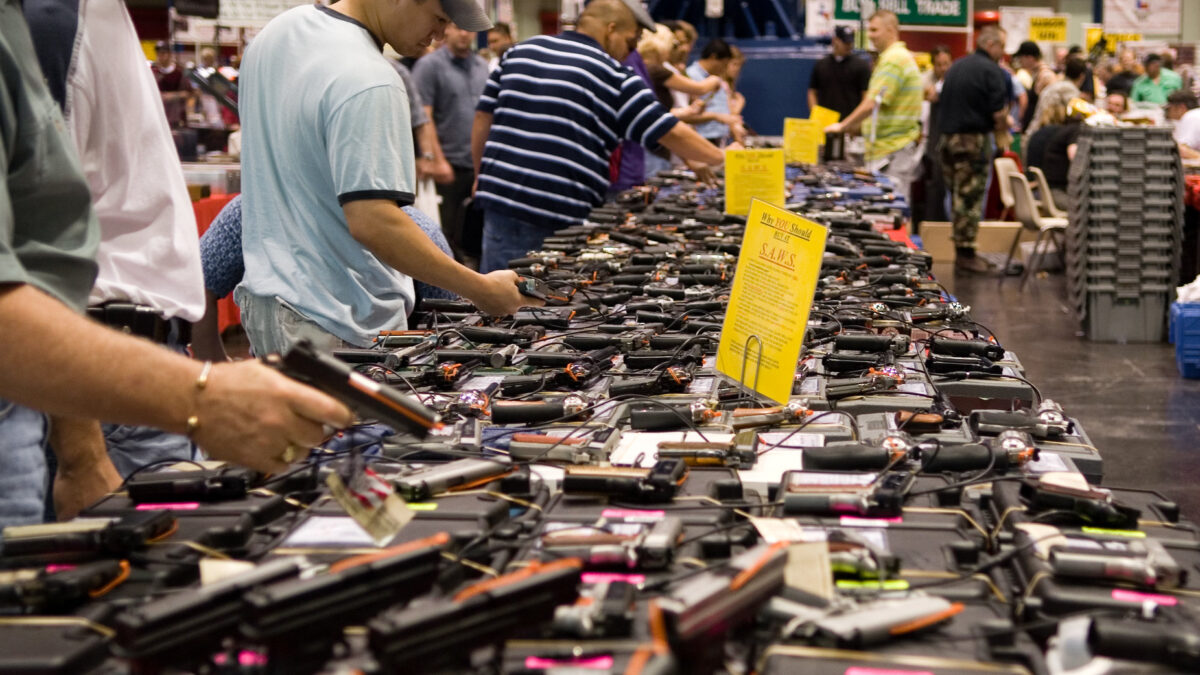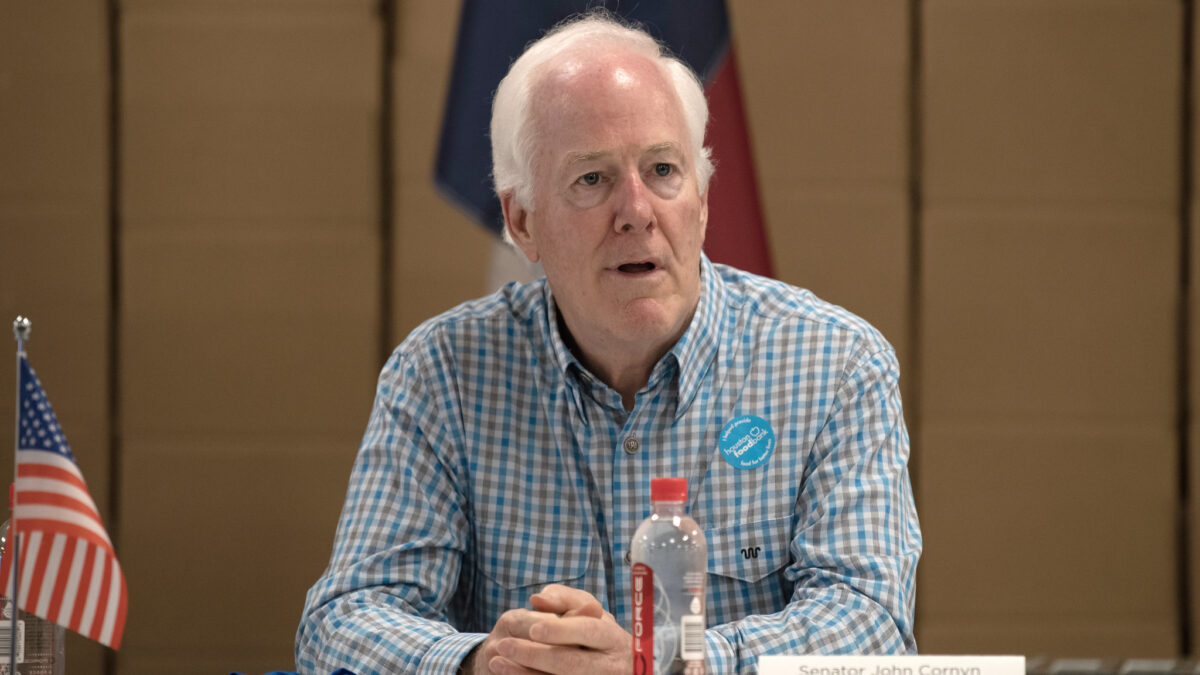After Friday’s mass public shooting in Israel that left seven people dead, Israel’s Prime Minister Benjamin Netanyahu announced: “Firearm licensing will be expedited and expanded in order to enable thousands of additional citizens to carry weapons.”
By contrast, after the three public shootings over the last two weekends in California, the verdict from Democrats is that we need even more gun control laws. President Joe Biden and Sen. Dianne Feinstein, D-Calif., used the attacks to call for a renewed federal assault weapons ban. California’s other Democrat senator, Alex Padilla, called for expanded federal background checks on gun purchases.
California already has the strictest gun control laws in the country, and it has both of those laws and many more. In contrast to Israel and almost all the rest of the United States, concealed handgun permits have been almost impossible to get in the counties where California’s attacks occurred. In Los Angeles County, where two of the attacks occurred, there is only one permit for every 5,660 adults. In San Mateo County, where another attack occurred, there is one permit per every 24,630 adults. By contrast, in the 43 right-to-carry states, there is one permit holder for every nine people.
When Americans are allowed to carry permitted concealed handguns, they stop about half the active shooting attacks in the U.S.
Evaluating the Current Approach
Before doubling down on yet more gun control and making the rest of the country like California, let’s first ask ourselves how the current approach has worked out. Even some Democrats in California are calling for a re-evaluation.
“California has some of the strictest gun control laws in the country, but look at what we just had today,” Los Angeles County Sheriff Robert Luna acknowledged after the Monterey Park attack. “I can tell you this — the status quo is not working. We need to re-examine what we are doing, and what may work better.”
However, most other Democrats are unwilling to concede that their laws aren’t working. On Saturday, Biden tweeted the claim he has often made: “In the 10 years that the assault weapons ban was on the books, mass shootings went down.” But there was no drop in the number of attacks using so-called assault weapons during the 1994 to 2004 ban. More importantly, if the ban made a difference, we should see a drop in the percentage of attacks with assault weapons during the federal ban period and then an increase in the post-ban period, but the exact opposite is true. You can’t have the ban reducing the number of attacks without the share of attacks using assault weapons falling.
California’s Laws
In 2021, when federal Judge Roger Benitez struck down California’s “assault weapons” ban, he concluded that the state’s experts, who summarized the existing research, could not provide any evidence that the prohibition reduced any type of violent crime.
Last year, California Gov. Gavin Newsom put out a fact sheet purporting to prove “California’s Gun Safety Policies Save Lives, Provide Model for a Nation Seeking Solutions.”
According to the report: “From 1993 to 2017, California’s firearm mortality rate declined by 55 percent — almost four times the decrease in the rest of the nation. Many of California’s most important firearm laws went into effect in the early 1990s.”
California’s murder rate peaked in 1993 at 13.1 per 100,000 people. That’s up from 10.9 in 1989, the year before the state’s assault weapons ban went into effect.
Why did the murder rate fall by 10 percent in 1994 and not in 1990 and continue falling by 53 percent by 2000? California’s tough three-strikes criminal punishment law went into effect on March 7, 1994.
The Newsom fact sheet also quotes the Public Policy Institute of California: “Compared to citizens of other states, Californians are about 25% less likely to die in mass shootings. Between 2019 and 2021, the state’s annual mass shooting homicide rate of 1.4 per one million people was lower than the national average of 1.9.”
After the California Supreme Court declared the state’s assault weapons ban unconstitutional in 1998, a new version was enacted in 2000. Picking just a few years from 2019 to 2021 to evaluate the law seems arbitrary. Whether one picks the years from 2000 on, 2010 on, or 2020 on, the per capita rate of mass public shootings in California is always greater than the rate for the rest of the country.
The rate has also been consistently lower in Texas, to which gun control groups give an “F” grade for its gun control laws. From 2010 on, California’s per capita rate of mass public shootings was 43 percent higher than the rate in Texas and 29 percent higher than in the rest of the United States. Since 2020, the rate in California was 276 percent higher than in Texas and 100 percent higher than in the rest of the U.S.
Last summer, after the school shooting in Uvalde, Texas, billboards in Los Angeles and San Francisco tried to warn Californians of the danger of mass public shootings in Texas. The idea was to dissuade people from moving. But if that is what concerns Californians, they would be well advised to leave their own state as soon as possible.
Los Angeles County Sheriff Luna is right that California’s gun control laws aren’t working. The last thing we should do is use California’s set of laws as the model for the rest of the country.








